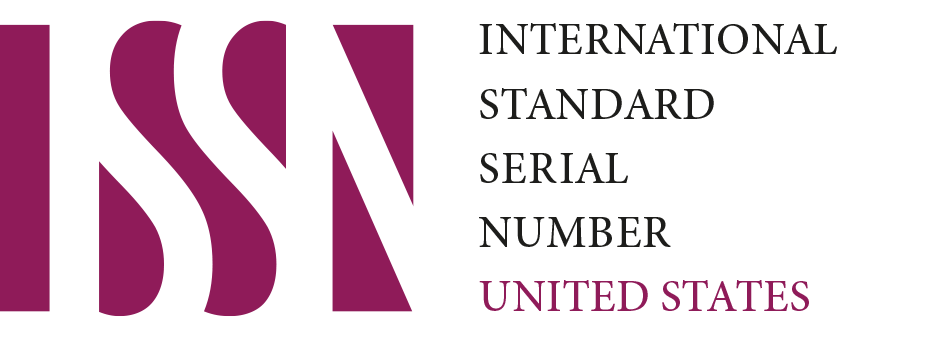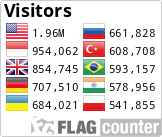Bali Provincial Government's Efforts in Tourism Sector Recovery During the Covid-19 Pandemic
DOI:
https://doi.org/10.59613/global.v2i6.188Abstract
The Covid-19 pandemic is a non-natural disaster caused by a disease outbreak. Since the COVID-19 pandemic, Bali tourism has experienced a very significant decline. Along with large-scale social restrictions causing Bali tourism to be completely paralyzed. Restrictions on mobility, temporary closure of tourist attractions, a decrease in the number of tourists arriving, indirectly also reduces the room occupancy rate. Finally, many hotels cannot afford to pay taxes. The purpose of this research is to find out what efforts have been made by the government to restore Bali's tourism sector. In this study using descriptive quantitative methods and case studies. Based on the results obtained from the data in the field, it was found that the government is pursuing various programs to be able to turn the wheel of Bali tourism back on. As for some of the efforts made, namely the mass vaccination program which refers to collaboration between the Indonesian Hotel and Restaurant Association and the Ministry of Health in connection with the big data updated by PHRI targeting 70% of the population, suggestions to the Ministry of Finance so that the second batch of grant funds is more large, labor-intensive program for tourist villages from the Ministry of Tourism and Creative Economy, and the opening of the initial stages of international tourism/border for 3 green zone areas, such as the Nusa Dua area, Sanur and Ubud as a pilot project. Of course, all of these programs are carried out through a communication campaign on health and safety protocols and the implementation of Clean, Health, Safety and Environment (CHSE).
Downloads
Published
How to Cite
Issue
Section
License
Copyright (c) 2024 Gede Wirata, Ni Luh Putu Trisna Ermawati

This work is licensed under a Creative Commons Attribution 4.0 International License.













